In a shocking and nightmarish event that has shaken the medical community, a Kentucky man declared brain-dead woke up just as doctors were preparing to harvest his heart for organ donation. The incident, which took place in October 2021 at Baptist Health Richmond Hospital, has raised serious ethical concerns and led to investigations by state authorities. The case has been described as a chilling reminder of the importance of safeguarding the rights and dignity of organ donors.
The man at the center of this unsettling case, 36-year-old Thomas T.J. Hoover, was brought to the hospital after suffering a drug overdose. Doctors declared him brain-dead, a necessary legal prerequisite for organ donation. However, witnesses in the operating room say Hoover was anything but dead when they wheeled him in for surgery.
A Shocking Moment in the Operating Room
Natasha Miller, an organ preservation specialist present in the operating room that day, recounted the harrowing scene to NPR. She was tasked with helping ensure Hoover’s organs were suitable for donation. But when Hoover was brought in, Miller noticed something disturbing: the man, who was supposed to be brain-dead, was moving.
“He was moving around — kind of thrashing,” Miller told NPR. “And then when we went over there, you could see he had tears coming down. He was crying visibly.”
This horrifying revelation left many in the operating room stunned. Two doctors who were scheduled to perform the organ harvesting procedure immediately refused to participate. Their refusal underscored the ethical dilemma now facing the medical team: how could they proceed with an organ donation surgery on someone showing signs of life?
Pressure to Proceed Despite Ethical Concerns
What happened next has ignited outrage and prompted calls for a thorough investigation. According to Miller, instead of stopping the procedure and reevaluating Hoover’s condition, the case coordinator for Kentucky Organ Donor Affiliates (KODA) callously requested that new doctors be found to replace the ones who refused to continue.
“So the coordinator calls the supervisor at the time. And she was saying that he was telling her that she needed to ‘find another doctor to do it’ — that ‘we were going to do this case. She needs to find someone else,’” Miller recalled.
This cavalier attitude toward the situation has left many, including members of the medical community and the public, questioning whether patient safety and donor rights were prioritized. The very thought of continuing with the organ harvesting surgery on someone who appeared to be conscious is horrifying to those who believe in the ethical principles of medicine.
Previous Signs of Life Ignored
Nyckoletta Martin, another KODA worker, made an equally shocking discovery while reviewing Hoover’s case. She found out that Hoover had previously shown signs of life during a cardiac catheterization procedure earlier that day. During that procedure, Hoover had reportedly thrashed around on the operating table, another clear sign that he was not brain-dead as previously believed.
Rather than halting the procedure to reassess Hoover’s condition, the doctors sedated him and moved forward with plans to harvest his organs, according to Martin. This revelation raises serious questions about whether proper protocols were followed and whether Hoover’s life could have been saved if his condition had been properly recognized.
Martin expressed her fear and disillusionment over what she had witnessed. “I’ve dedicated my entire life to organ donation and transplant,” she told NPR. “It’s very scary to me now that these things are allowed to happen and there’s not more in place to protect donors.”
Her words echo a growing concern among many medical professionals that the system for determining brain death and proceeding with organ donation may be flawed, putting potential donors at risk.
Family’s Devastating Realization
For Hoover’s family, the entire ordeal has been deeply traumatic. Hoover’s sister, Donna Rhorer, who is also his legal guardian, recalled witnessing her brother open his eyes as he was being wheeled from the intensive care unit into the operating room. She was told by medical professionals that his movements were reflexive and did not indicate that he was alive. However, Rhorer now believes that her brother was trying to communicate with them.
“It was like it was his way of letting us know, you know, ‘Hey, I’m still here,’” Rhorer said, still grappling with the devastating possibility that her brother may have been conscious during his final moments.
KODA’s Denial and State Investigation
In the wake of these revelations, KODA officials have firmly denied that any member of their organization instructed doctors to proceed with an organ harvesting operation on a living patient. They maintain that all appropriate protocols were followed and that Hoover was, in fact, brain-dead at the time of the procedure.
Despite these denials, the unsettling details of Hoover’s case have prompted Kentucky’s state attorney general to launch an investigation. State officials are now reviewing the incident to determine whether any laws or ethical guidelines were violated. Investigators are expected to take a close look at the protocols that were followed in declaring Hoover brain-dead and whether his signs of life were appropriately acknowledged.
A Call for Greater Protections for Donors
The incident has sent shockwaves through the medical community, with many calling for stronger safeguards to ensure that such a tragedy never happens again. The idea that a potential donor could wake up on the operating table is the stuff of nightmares, but it has forced a reckoning over the standards used to determine brain death and the rush to harvest organs.
Ethical considerations are at the heart of the organ donation process, and this case highlights the importance of protecting the rights and dignity of those who are declared brain-dead. The tragedy of Thomas T.J. Hoover has reignited the debate over whether more needs to be done to ensure that donors are truly beyond recovery before such life-altering decisions are made.
As the investigation continues, Hoover’s family is left to pick up the pieces, wondering what could have been done differently and hoping that his case will bring about meaningful changes to protect future donors.
I want to know what you think!
Send me your views, thoughts or what’s on your mind and we will feature on our newsletter or show!
Email to [email protected] OR
Leave a text, voice note or voicemail for the show on what your thoughts are at 708-982-0974
Connect with me on Spreely Social CLICK HERE to Check out Spreely Social
And don’t forget to watch us LIVE weekdays at 1p est! CLICK HERE to Watch The Rants of Izzo Show!
-Izzo



